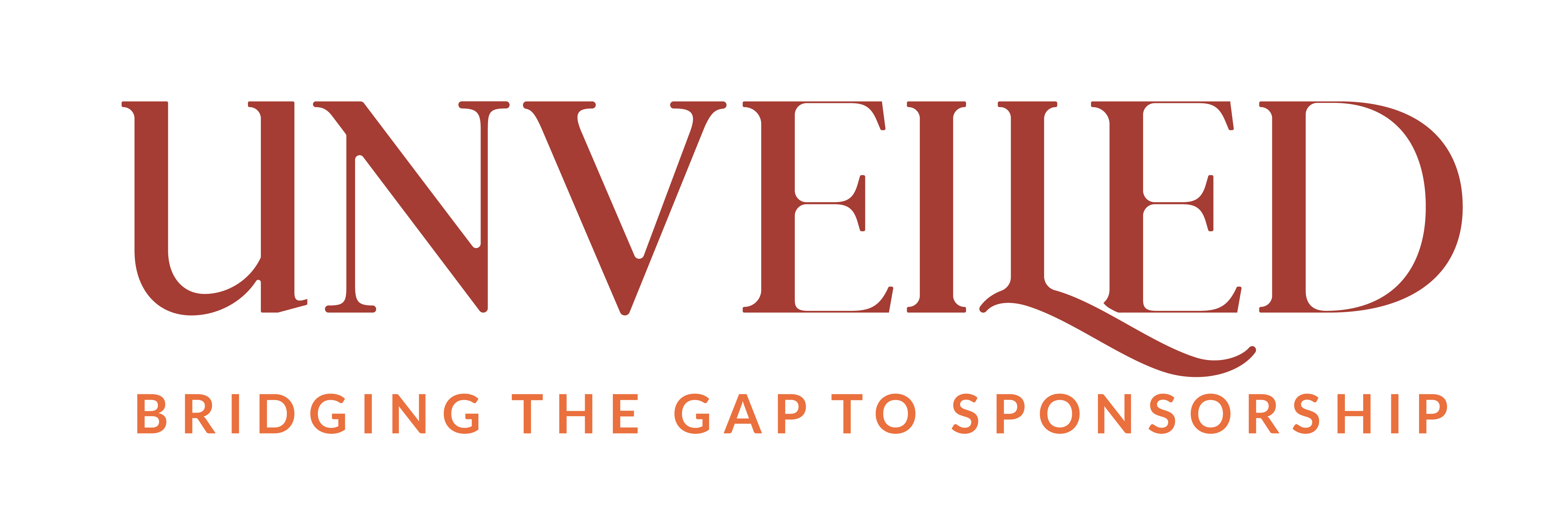
(Not) Getting Away with Microaggressions
Building Psychological Safety for High-Performing Teams
Imagine a high-performing team where everyone feels safe to contribute their best ideas. Now imagine feeling constantly undermined by subtle, discriminatory comments or actions. That gap between aspiration and reality is the lived experience every day for many employees who face microaggressions in the workplace.
Microaggressions are subtle, unintentional or intentional, discriminatory comments or actions directed at marginalized groups that can have the effect of “death by a thousand cuts”. These behaviors, while seemingly minor, can have a profound impact on psychological safety, a critical element for individual and collective success. Microaggressions can be something like a new manager saying, "I will not babysit you," which infantilizes the recipient, puts them on the defensive, and instantly demotivates them about building a relationship with their new manager. Another example familiar to many professional women is being labeled “difficult” when they offer strong opinions, perfectly encapsulated by Jane Goodall when she said “It actually doesn’t take much to be considered a difficult woman. That’s why there are so many of us.” Labeling someone difficult or aggressive for behaviors that are not labeled in the same way for majority groups undermines their right to speak their minds based on experience and expertise, even when it is for the common goals of the team. A rather frequent scenario happens when women - and it gets worse for women of color - present an idea, only for it to get attributed to another person who repeats it later. These examples highlight the pervasive nature of microaggressions and their impact on professional relationships and morale.
This month, we dive deep into why microaggression is a serious issue, not a forgivable one, and how we can work together to interrupt them and build a thriving, inclusive work environment.
From Silence to Action: Why We Can't Ignore Microaggressions
Microaggressions used to be swept under the rug. Today, there's a growing awareness of their damaging effects. Despite this progress, microaggression persists. This highlights the need for a systemic shift in what behaviors are acceptable in the workplace.
While “I will not babysit you” may be used as a variation of “As your leader, I will not micromanage your work”, such statements are microaggressions because they undermine the individual's competence and autonomy, contributing to a hostile and unwelcoming work atmosphere. This comment insinuates that the recipient is incapable of performing their job without excessive guidance, which can erode self-esteem and professional confidence over time.
Here's why microaggressions are a threat to psychological safety:
- Constant Judgment: Microaggressions make employees feel judged and devalued, hindering their willingness to share ideas, take risks, and collaborate effectively. This stifles innovation and productivity. Imagine the recipient of that statement second-guessing, wondering, “If I ask this question, will my manager think I am not capable of coming up with solutions myself?”
- Disengagement and Turnover: Studies show a direct link between microaggressions and employee well-being. Employees who experience them are more likely to be disengaged and leave their jobs. This not only hurts morale but also creates a revolving door of talent. With continuously questioning whether a behavior will be viewed as ‘needing to babysit’, they will stop contributing and disengage because they will not feel like a value-addition to the team.
Let's empower ourselves to be champions for a more inclusive workplace. Here's how you can interrupt and de-normalize microaggressions:
- Challenge Assumptions: When someone says, "I won't babysit you," reframe it as "Let me know if you need any support" to focus on collaboration, not micromanagement.
- Call Out Bias: When a colleague is being labeled as difficult for defending her position, a champion can intervene by saying, "Let's hear [colleague's name] out. Her perspective is valuable."
- Amplify Voices: If a woman of color's idea is ignored, a champion can re-introduce it, highlighting its merit and giving ownership back to the originator by reiterating “As [colleague's name] said earlier.”
Leadership: The Key to Fostering Psychological Safety
Leaders play a pivotal role in dismantling a culture of microaggressions. Here's how effective leadership fosters psychological safety:
- Advocacy for Inclusivity: Leaders must actively champion inclusivity, holding themselves and others accountable for discriminatory behavior.
- Clear Communication: Establish clear expectations for respectful interactions and a zero-tolerance policy for microaggressions.
- Open Dialogue: Foster a culture of open communication where employees feel comfortable speaking up about microaggressions without fear of retaliation.
Building a Better Workplace, Together
By prioritizing psychological safety and inclusivity, we can create a thriving workplace where everyone feels valued, respected, and empowered to contribute their best work. This not only benefits individual well-being but also fosters innovation, collaboration, and ultimately, a high-performing team.
Unveiled: Bridging the Gap to Sponsorship
At Unveiled, we believe in creating a safe space for sharing experiences and educating everyone about the challenges faced by underrepresented communities. We advocate for organizational awareness and positive change that fosters equity and inclusion in the workplace. Let's work together to build a future where microaggressions are relics of the past, and psychological safety paves the way for high-performing teams.

Be a Champion of Change: Invest in "Bridge the Gap: Reimagine Sponsorship"
The Fight for Psychological Safety Starts with You
Join Unveiled's "Bridge the Gap: Reimagine Sponsorship" fundraiser on July 29th!
This unforgettable evening features executive speakers and inspiring connections with fellow changemakers. All proceeds go towards Unveiled's mission to empower individuals from underrepresented groups with the skills to secure sponsors who will actively advocate for their careers.
Here's how you can get involved:
- Purchase Tickets: Join us for an inspiring evening dedicated to building a more equitable future.
- Become a Sponsor: Invest in the future by sponsoring "Bridge the Gap" and directly supporting this impactful initiative.
- Make a Donation: Every contribution makes a difference in fostering economic prosperity and a more equitable future.
- Run a Peer-to-Peer Campaign: Want to amplify your impact? Reach out to us about starting your own peer-to-peer fundraising campaign!
Together, let's dismantle microaggressions and build workplaces where everyone thrives.


Writing Team @Unveiled
Disclaimer: Opinions here are like a diverse buffet – everyone's got their own flavor. Unveiled is the rebel chef in this kitchen, proudly independent and not tied to any entities or corporations. We're not serving up official stances, just a potluck of personal perspectives. Chew on that and feel free to spice it up with your own insights. We're all about transparency and improvement, so dish out that constructive feedback!
Sahana Mukherjee, Founder & President of Unveiled - Bridging the Gap Corp, is a distinguished HR executive and sought-after speaker, recognized as Crain’s New York 2022 Notable HR Leader. As a pioneering thought leader, she utilizes data to craft strategic approaches, steering organizations through the transformative impact of transitional technologies on the workforce. Her leadership extends beyond conventional technological integration, ‘Mapping Tomorrow’s Workforce Today’ positioning organizations as trailblazers for sustained growth and relevance.
Wanda Shoer is a senior executive, strategist, and thought leader in the healthcare industry. She is a value-based, driven leader, committed to empowering and supporting others on their career journey. Wanda is a proud Latina of Dominican descent and lives in NJ with her loving husband and two children.
Dr. Swasti Gupta-Mukherjee is a professor, thought leader, and educator in finance, with expertise in financial markets and sustainable finance. Recognized globally for her award-winning course 'Finance for a Sustainable World,' she leads initiatives on financial inclusion and climate resilience while actively contributing as a consultant and public speaker in finance and sustainable development.






Leave a Comment